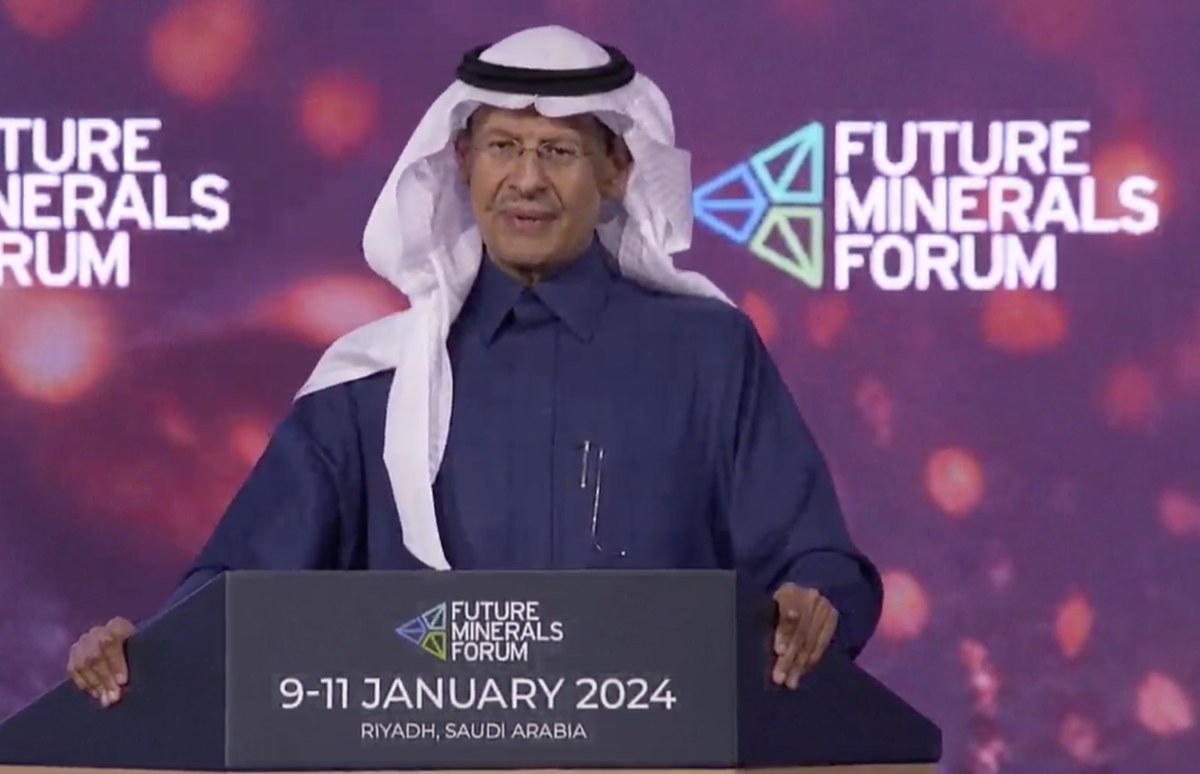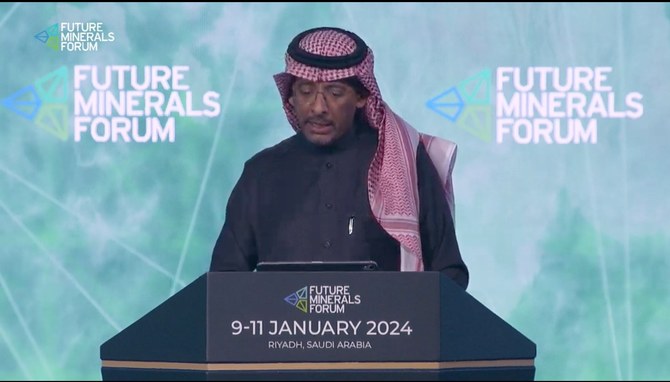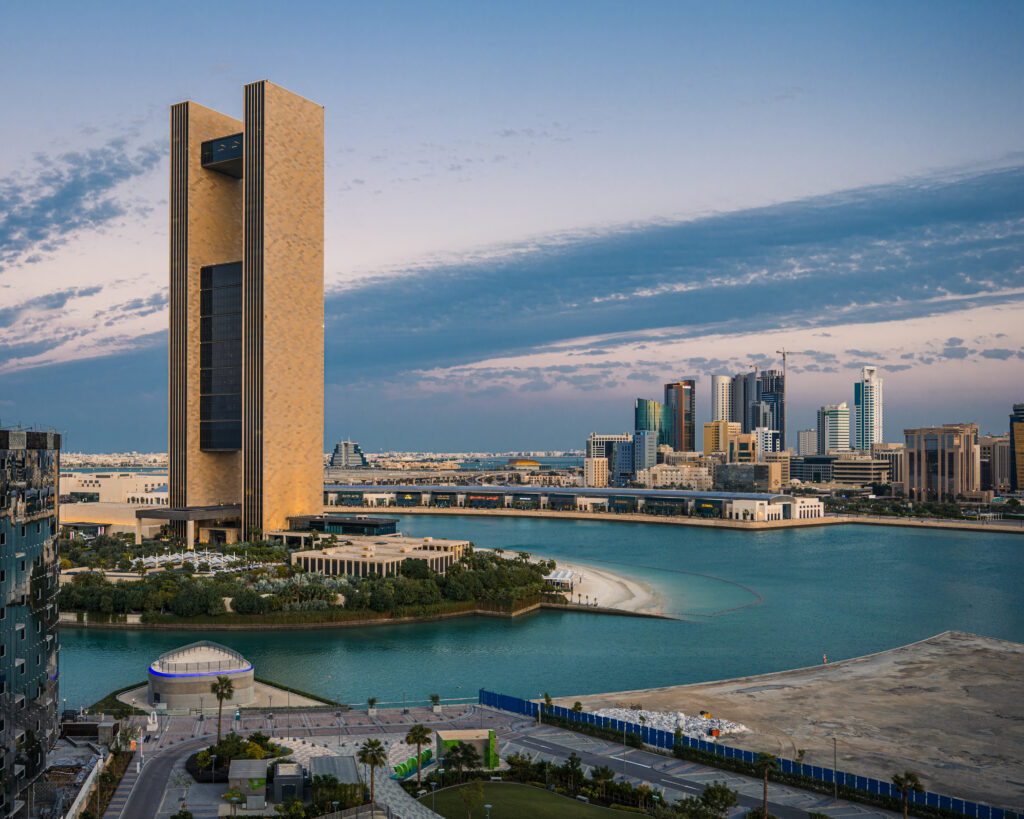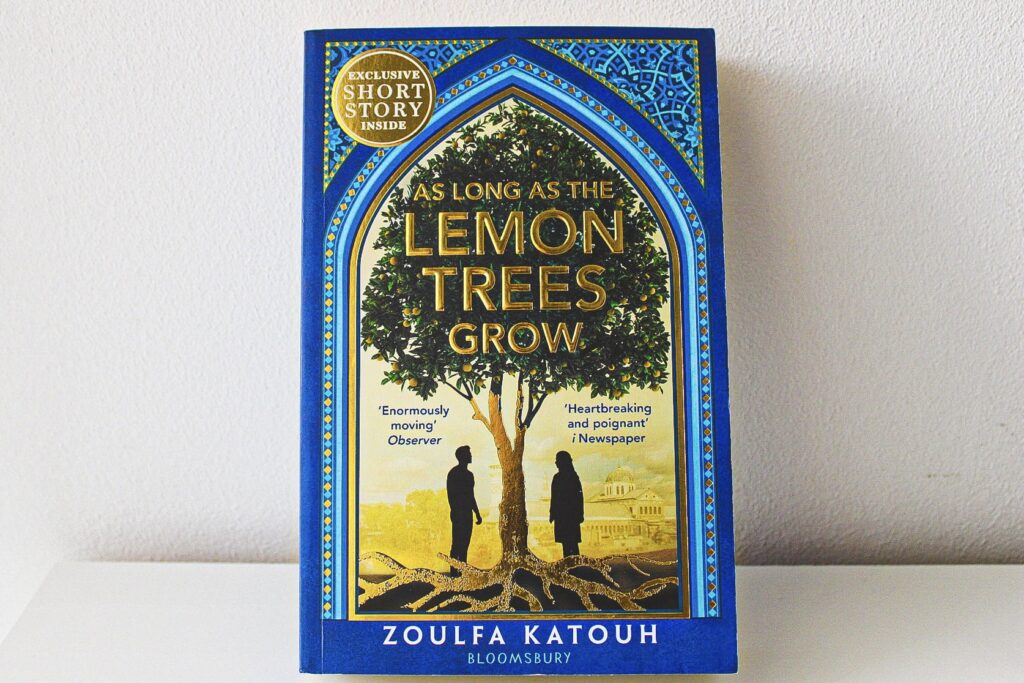Top ministers speak
Saudi Minister of Industry and Mineral Resources, Bandar Alkhorayef, expressed his delight as he announced some significant initiatives, starting with the exploration incentive program in collaboration with the Ministry of Investment, boasting a budget exceeding $182 million, during the event.
“This program will de-risk investments in our exploration securing to enable new commodities, Greenfield projects, and junior miners. In addition and to drive the existing future of the exploration sector, we are announcing the fifth and sixth rounds of licensing programs offering access to 33 exploration sites this year,” he said.
Alkhorayef announced a groundbreaking initiative this year—offering country-sized exploration sites, starting with the 4000 sq. km Jabal Sayid Mineral Belt. He expressed joy in the discovery of rare earth elements and increased volumes in phosphate, gold, zinc, and copper, as well as their revaluation.
“This is only based on 30 percent of the Arabian shield exploration suggesting more to be discovered and it clearly shows that with more investment in exploration, it is possible to maximize the endowment potential,” the minister added.
Abdulaziz Bin Salman, Saudi Minister of Energy

The minister mentioned that PIF had initiated a voluntary carbon market a year ago. During MENA week, he added that Saudi Arabia also announced the launch of its greenhouse gas crediting and offset mechanism.
“It is in a pilot phase, and over the next few years, we will develop it and ensure it is in line with the UNFCCC (UN Framework Convention on Climate Change) regulations to make sure that it can become a regional market with its own commitments,” said the energy minister.
He mentioned that Saudi Arabia is actively transitioning away from fossil fuels, specifically domestically, resulting in the saving of a million barrels.
”The difference is, we will not stop producing that million, but we will export it in a way that will also be used in a proper manner, so it is a holistic thing.”
The Saudi minister indicated a return to their comfort zone of globally tripling renewable energy capacity. “By 2030, we will be doing at least 100 and hopefully 130 If demand is there.”
Khalid Al-Falih, Saudi Arabia’s Minister of Investment

Saudi Arabia’s Minister of Investment Khalid Al-Falih highlighted that addressing the historical challenge of accessing critical minerals for the energy transition will be supported by resources and collaborations across countries, geographies, companies, people, technologies, and various sectors.
“The demand for materials (critical minerals) is going to be a multiple of what it is today. A lot of existing production facilities will either decline because of the depletion of resources, or because it is not acceptable from a sustainability and environmental standpoint,” he said.
The minister expressed that the incremental demand, investment, technologies, and efforts to address the inevitable challenge of meeting critical mineral needs are, quite frankly, unprecedented in his lifetime.
Al-Falih noted that the super region spanning from Central Asia through the Middle East to Africa is recognized to possess at least a third of global resources.
“We are going to need trillions of dollars in the next couple of decades to meet the reshaping of the global supply chain in the industry. And I believe Saudi Arabia is going to be at the heart of this, we are going to be leading this within the super region,” the minister added.
Yasir Al-Rumayyan, Governor of the Public Investment Fund

Speaking at the same event, Yasir Al-Rumayyan, governor of the Public Investment Fund, expressed that Saudi Arabia is making every effort, but “we don’t have all kinds of minerals that we need for our future initiatives and to bring in, you know, the supply chain security.”
He explained that they established Maaden, a joint venture with PIF at 50 percent, known as Manara Minerals.
Al-Rumayyan noted that Manara Minerals is dedicated to acquiring minerals not available in Saudi Arabia.
The governor mentioned their existing investment in Vale, a substantial company, and outlined their plans to invest between $25 to $30 billion in various jurisdictions over the next decade.
Now, in collaboration between Maaden, the Ministry of Industry and Mineral Resources, and King Fahd University of Petroleum and Minerals, a new program for the first bachelor’s degree in mining science and engineering has been initiated, he revealed.
This program includes artificial intelligence as a part of its curriculum, incorporating the uses of AI in metal science and engineering, stated Al-Rumayyan.
“So, for us at the PIF, we think that mining is really a big opportunity for all the investment community. The electric vehicle requires six times more minerals and inputs than the internal combustion engine or the conventional cars,” he said, adding that estimates suggest a potential increase by a factor of 46.
“But I think if we want to move toward the net zero carbon emission, the demand in there will be even bigger, but it’s like a vicious cycle.”
The PIF governor expressed the desire for oil and gas companies to emulate the initiatives implemented in Aramco.
“That’s why we started our first initiative and Maaden to get the energy and the power that we need through renewable energy. We’re now talking with companies like ACWA Power to see how we can align our efforts toward net zero energy,” said Al-Rumayyan.




















